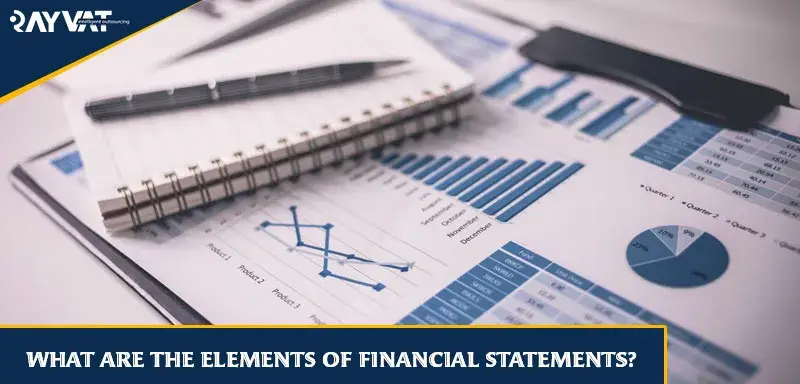The Financial Accounting Standards Board (FASB) has defined the following elements of financial statements of business enterprises: assets, liabilities, equity, revenues, expenses, gains, losses, investment by owners, distribution to owners, and comprehensive income. According to FASB, the Elements of Financial Statements are the building blocks with which financial statements are constructed.
The Purpose of Financial Statements
Financial statements are made up of four major areas – balance sheets, income statements, money flow statements and also preserved earnings. Each declaration is part of the structure for financial statements. Each area of a financial statement has a purpose and offers certain info concerning a firm’s financial security.
This framework is called the Generally Accepted Accounting Practices, or GAAP. Each area of a financial statement has a purpose and provides specific information about a company’s financial stability.
Here are the Five Elements of Financial Statements:
Importance of Financial Statements
Financial statements are important resources of financial details that can be utilized to make sound business decisions. This implies that every component of financial statements is essential.
Financial statements are the important reports of the entity that give the entity’s financial info at a certain time period to be utilized by many stakeholders such as management, employees, the board of directors investors, shareholders, customers, suppliers, bankers, and also various other associated stakeholders.
These statements are prepared as the demand for management, proprietors, shareholders, federal governments, and also various other associated authority organizations.
Read More: Tips To Write Small Business Financial Statements
Conclusion:
The above are the 5 primary elements of financial statements that you can locate in the income statement as well as a balance sheet.
Assets are resources own by the entity, liabilities are a responsibility that the entity owes to others, equities are the distinction of liabilities as well as assets.
Revenues are the sales of goods or services, and ultimately, expenses are the operating costs of the entity.
We will be glad to assist you! Contact Us Here!

